“Morocco has an opportunity to make history by becoming an industrial power, but only if all Moroccans join efforts.”

During the COVID-19 crisis, the “Made in Morocco” label made headlines in international newspapers thanks to the Ministry of Industry’s mobilization to promote local production of medical gear, notably face masks, hazmat suits, and disinfectant gels.
The pandemic led international media to spotlight the innovation and creativity of Moroccan entrepreneurs and businesses in an unprecedented way, leading Moroccans to express both pride and surprise at the potential of the Moroccan industry sector—a potential, investing in Morocco, that several actors have been trying to promote for more than six years.
In 2014, Adil Lamnini, a Moroccan entrepreneur, motivated by his patriotism, decided to create the Professional Association of Moroccan Brands. The organization, a first in Morocco, aims to help Moroccan businesses develop their brands to penetrate international markets and promote, investing in Morocco.
The association’s work is based on five core principles:
- Competitiveness,
- Internationalism,
- Flexibility,
- Good governance,
- Fieldwork.
Through accompanying small and medium businesses, notably via the program “Charika Sghira, Marka Kbira” (“Small Company, Big Brand”), the Professional Association of Moroccan Brands hopes to promote the “Made in Morocco” label, valorize local products on the international level, and support ambitious Moroccan entrepreneurs in realizing their projects.

In an interview, Lamnini shared his vision and recommendations for the Moroccan industry to become well-recognized at the international level.
Lack of brand culture:
“Today, young people create businesses but do not think of creating a brand. We do not have a brand culture in Morocco,” Lamnini said.
“In the end, entrepreneurs complain because Moroccan products are considered to be of low quality, and to have bad packaging and high prices,” he added.
According to the businessman, the main issue with Moroccan products is their valorization. Moroccans have the tendency to underestimate products made in Morocco because companies do not know how to promote their brands and how to “sell their stories.”
Today, the majority of countries around the world have developed their own national brands with the use of branding techniques, such as colors, logos, and symbols, as well as with their quality regulations.
“You can recognize where some products come from just from their packaging, for example, because the countries have developed recognizable brands,” Lamnini explained.
“If we do not develop a unified ‘Made in Morocco’ brand and label, we cannot succeed internationally,” he continued.
Moroccans usually believe that having a brand is an exclusive right for large companies, but small businesses can also create famous brands, the entrepreneur argued: “All the large businesses that we know today, were they large when they were created?”
Small businesses are important, too:
Lamnini believes there is multi-level negligence that Moroccan small and medium-sized companies suffer from, because the majority of business associations in the country usually represent the interest of large corporations.
Small businesses represent 95% of Moroccan companies, the entrepreneur said, before arguing that these businesses are key for Morocco to become an international economic power.
However, for small businesses to push the Moroccan economy forward, their leaders need to have a high sense of patriotism in addition to entrepreneurship values such as organization, vision, and motivation.
“In developed countries, all businessmen are patriotic and love their countries,” Lamnini said, citing Italy as an example.
“The economy of Italy, one of the strongest economies in the world, is not based on large corporates, but rather on small businesses that were able to develop internationally-renowned brands,” he explained.
“Why can’t we do the same in Morocco? In Italy, they are proud of their history and values, of their ‘dolce vita’ (sweet life). We have history in Morocco as well. We have more than 12 centuries of history. Why can’t we promote our brands in the same way?” he continued.
“Made in Morocco” Agency:
In order to build “Made in Morocco” brand, Moroccan government should create an agency to develop a strategy for the Moroccan industry to penetrate international markets in the long term, Lamnini suggested.
The “Made in Morocco” agency, as he called it, must be sovereign and independent. It should not be linked to any ministry or government department, because its work will have to continuously span over 20 years.
“If the agency is linked to the government, whenever new ministers are selected they might reset all of the agency’s work if they don’t agree with it and make us waste precious years,” Lamnini explained.
Another important aspect for the potential agency to succeed is the digitization of all its services, the businessman recommended.
Digital services will allow entrepreneurs from all across Morocco to participate in the agency’s programs and plans, without having to travel to Rabat or Casablanca because of bureaucracy.
Finally, the “Made in Morocco” agency will have a strategic role and will have to answer the question:
“What is the image we want the world to have of Morocco in 20 years?”
“Today, Morocco, if recognized by foreigners, is only known for tourism and cuisine. The question we need to ask ourselves today is whether this image is enough,” Lamnini said.
“Tourism is an important sector, indeed. However, Morocco can also be an industrial power and a destination for investors and businessmen, thanks to its qualified human resources and their innovation,” he continued.
“Buy Moroccan Act“:
The second necessary action to promote Moroccan-made products, according to Lamnini, is the creation of a “Buy Moroccan Act,” a legal framework that requires the Moroccan government to prioritize purchasing products made in Morocco over imported products.
“Today, the Moroccan state’s budget is approximately MAD 200 billion ($20.8 billion), but only 20% of the budget is allocated to purchases from Moroccan businesses, whereas the rest goes to foreign companies,” Lamnini said.
The majority of developed countries across the globe have some form of legal text that puts a quota on the states’ domestic purchases and imports, he said, explaining that such regulations aim to protect local businesses and labor and minimize the expenses in foreign currency.
“The Moroccan industry cannot, of course, cover 100% of the state’s needs. We do not have enough resources to do that. However, if the government increases the budget allocated to domestic purchases to 50% of the total budget, it will be more than MAD 100 billion ($10.4 billion) injected in the Moroccan economy,” Lamnini explained.
“The ‘Buy Moroccan Act,’ if elaborated, will allow the Moroccan economy to prosper and will support local businesses, helping them grow,” he predicted.
The Moroccan entrepreneur believes that such legal text will be included in the Moroccan government’s agenda soon, recalling the surprise of Morocco’s Minister of Industry, Moulay Hafid Elalamy, when he found out that the Moroccan state imports the majority of its needs, including products that can be easily manufactured in Morocco.
“I have a problem with what we import. I discovered, for example, that we import hospital beds, school tables… It is not normal. I have been for long calling on Moroccan entrepreneurs to invest in the industry, that opportunities are abundant,” Elalamy said in a recent press outing.
“Now, I decided to change gears. I have given instructions to my teams to make a list of all products that we import, and to see if we can limit, or even stop, [the imports] by substituting them with local products,” the minister continued.
According to Lamnini, Elalamy’s statement is a sign that the “Buy Moroccan Act” is one of the most reliable solutions to promote Moroccan-made products and help local businesses grow.
COVID-19, a chance to make history:
While the Professional Association of Moroccan Brands has been working on promoting local products for more than six years, the COVID-19 crisis could be an opportunity to accelerate the process.
“The COVID-19 pandemic has put everyone on an equal footing. If we do not profit from the situation, we would have missed a meeting with history,” Lamnini said, urging all Moroccans from different fields to work hand in hand to make the “Made in Morocco” dream comes true.
The COVID-19 crisis will have an unprecedented negative impact on the global economy, Lamnini admits. However, according to him, the crisis is an opportunity to reshape the Moroccan economy and reorganize its priorities.
“I would be lying if I said I am optimistic about the near future. There is a global crisis. The United States alone now has 45 million unemployed people. Morocco cannot be an exception,” the businessman said.
“However, we must be realistic. The only way to survive the crisis is if businesses learn to adapt, by investing in quality and having a competitive spirit,” he added, “we should not fall into victim playing. We must innovate and think outside of the box.
“In addition to the innovation of entrepreneurs, Morocco currently needs political courage to implement a strategic vision for promoting products made in Morocco”, Lamnini said.
The entrepreneur expressed optimism that the government will begin to seriously brainstorm ways to promote Moroccan-made products, even predicting King Mohammed VI to tackle the issue in his upcoming Throne Day speech.
According to Lamnini, royal instructions could be the push that the “Made in Morocco” project needs to move forward.
“We need realism, coherence, and political courage. It is never too late,” he stressed.
“If we all help each other, from different sectors and spheres, we can promote the image of Morocco as an industrial power.”
- Source: https://bit.ly/3avMPAX
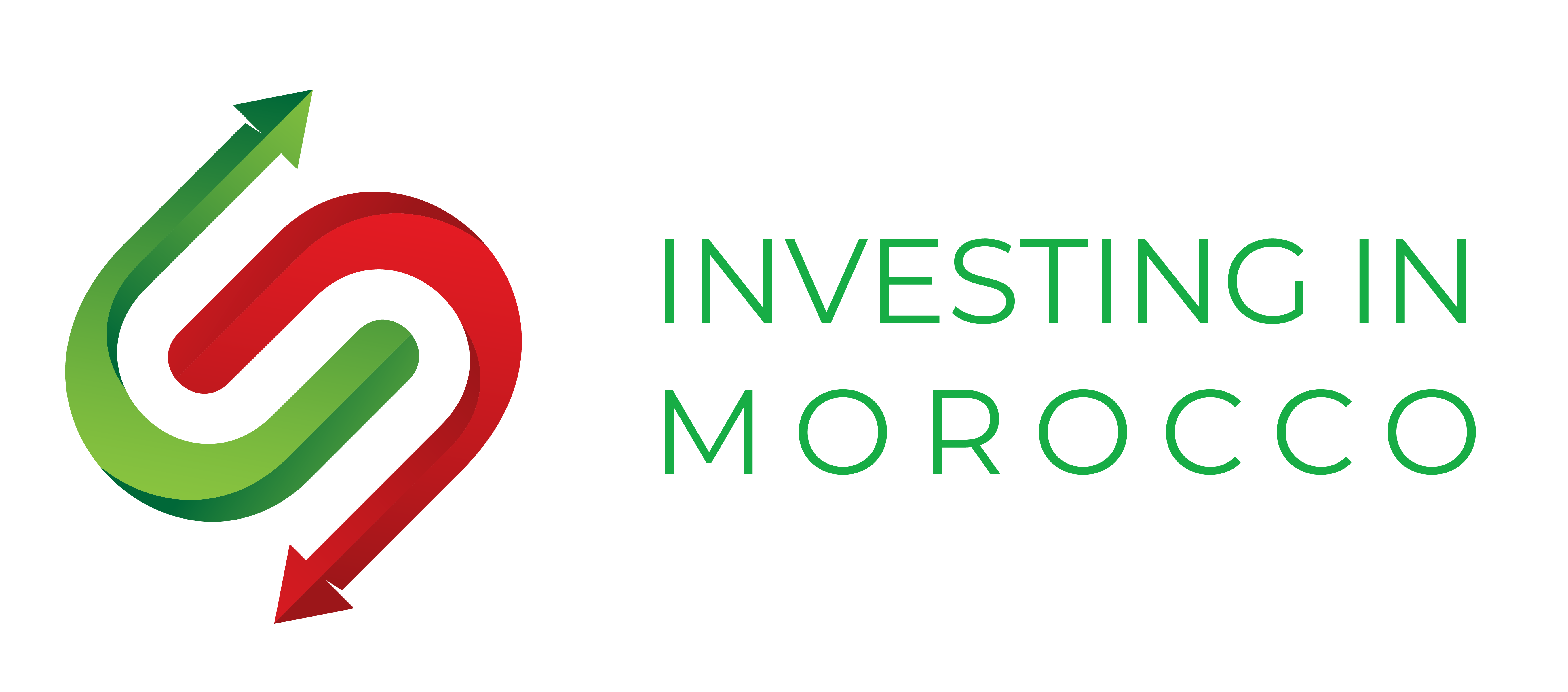
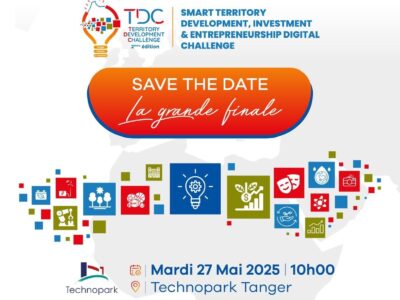
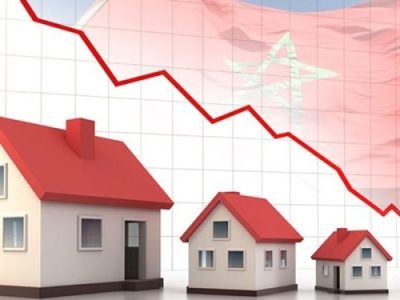

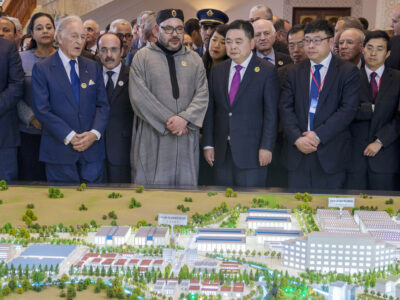
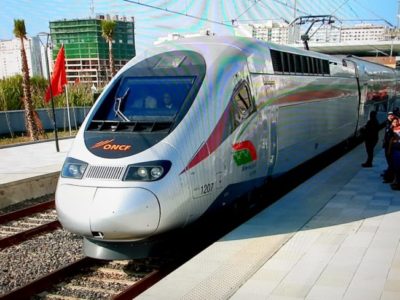
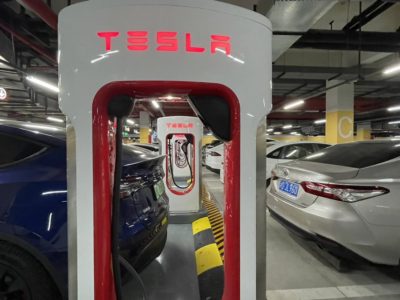
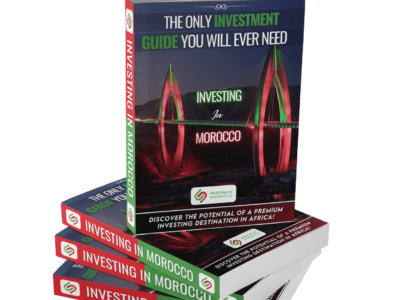
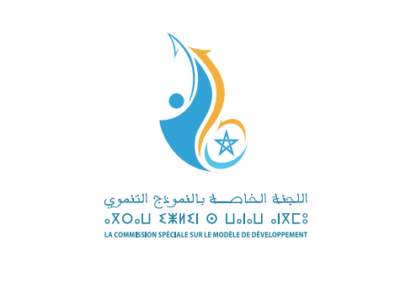
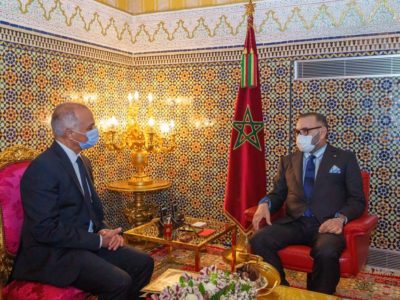
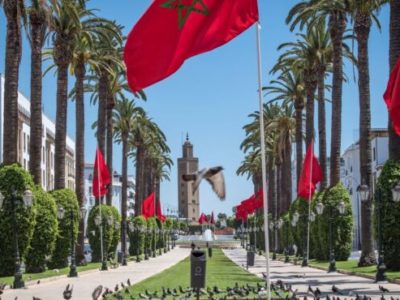
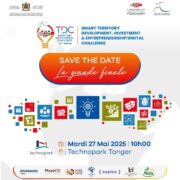
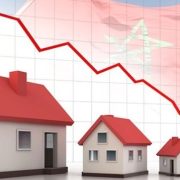

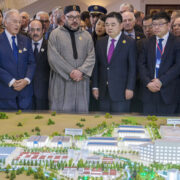



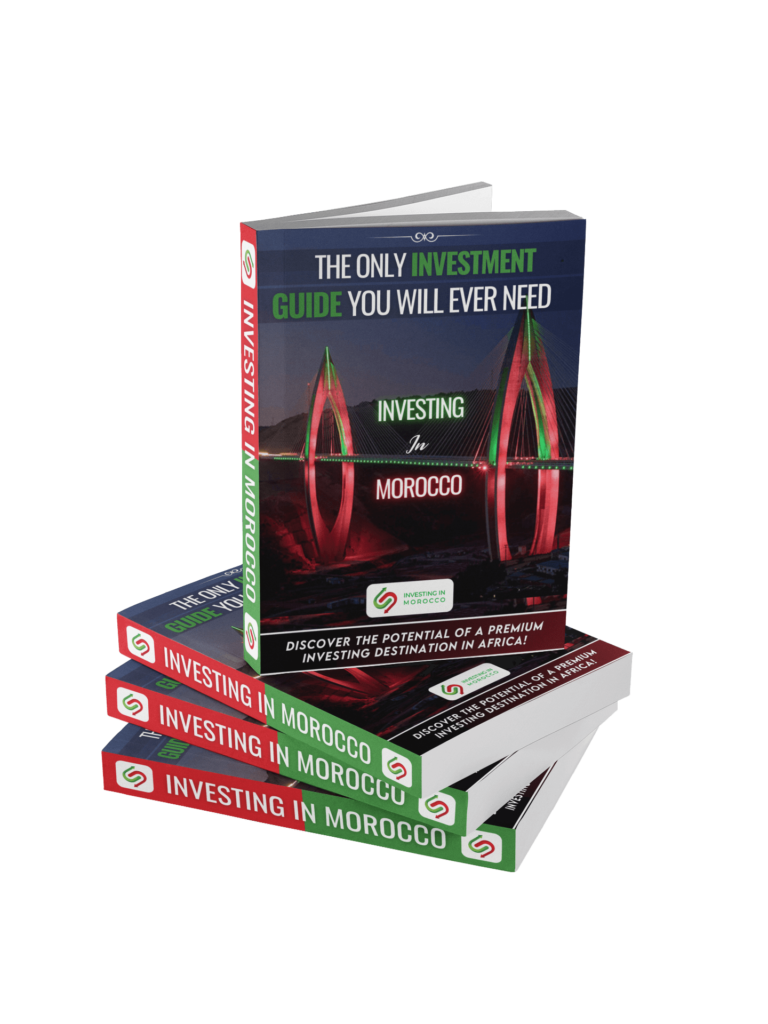
Comments